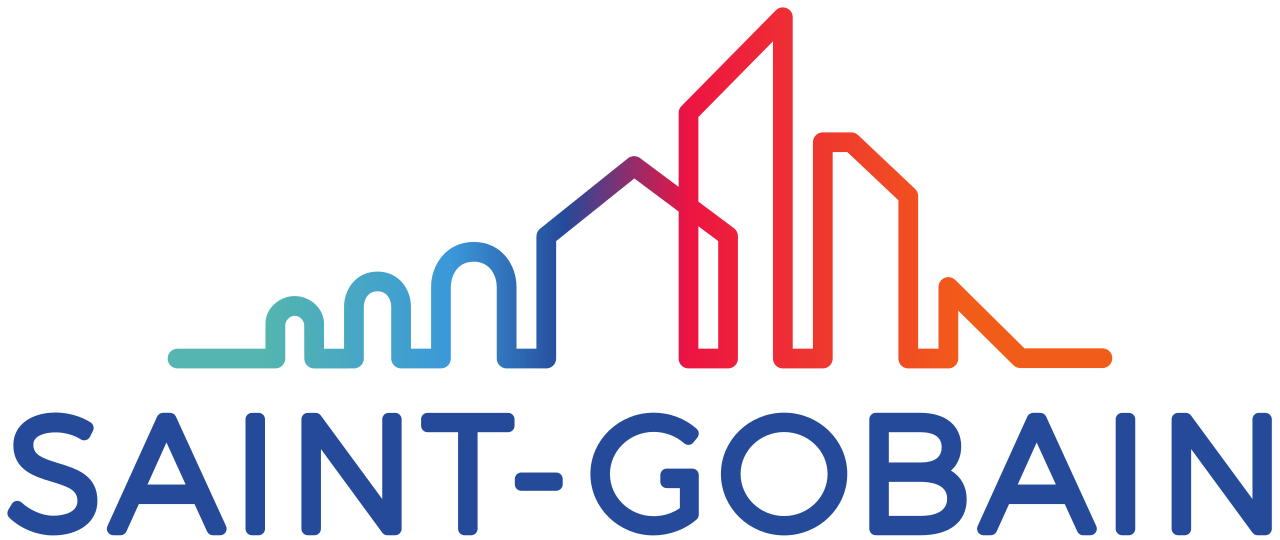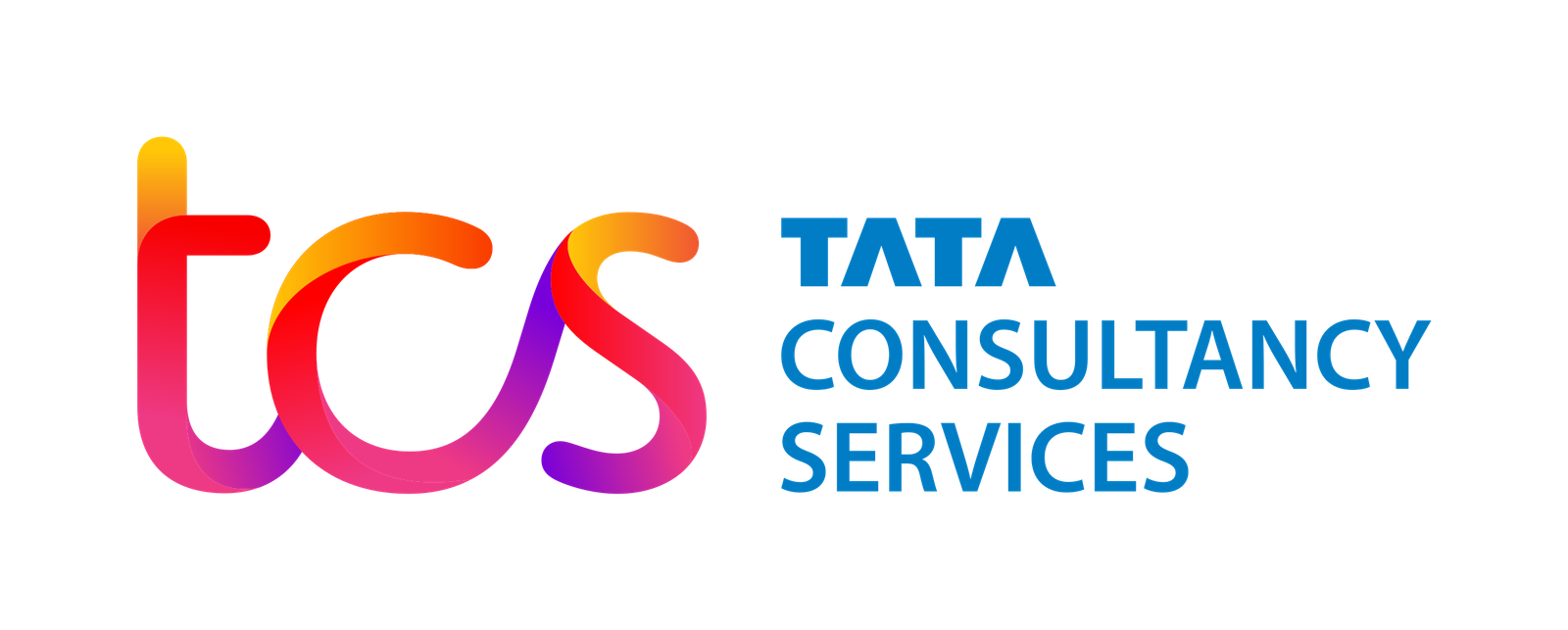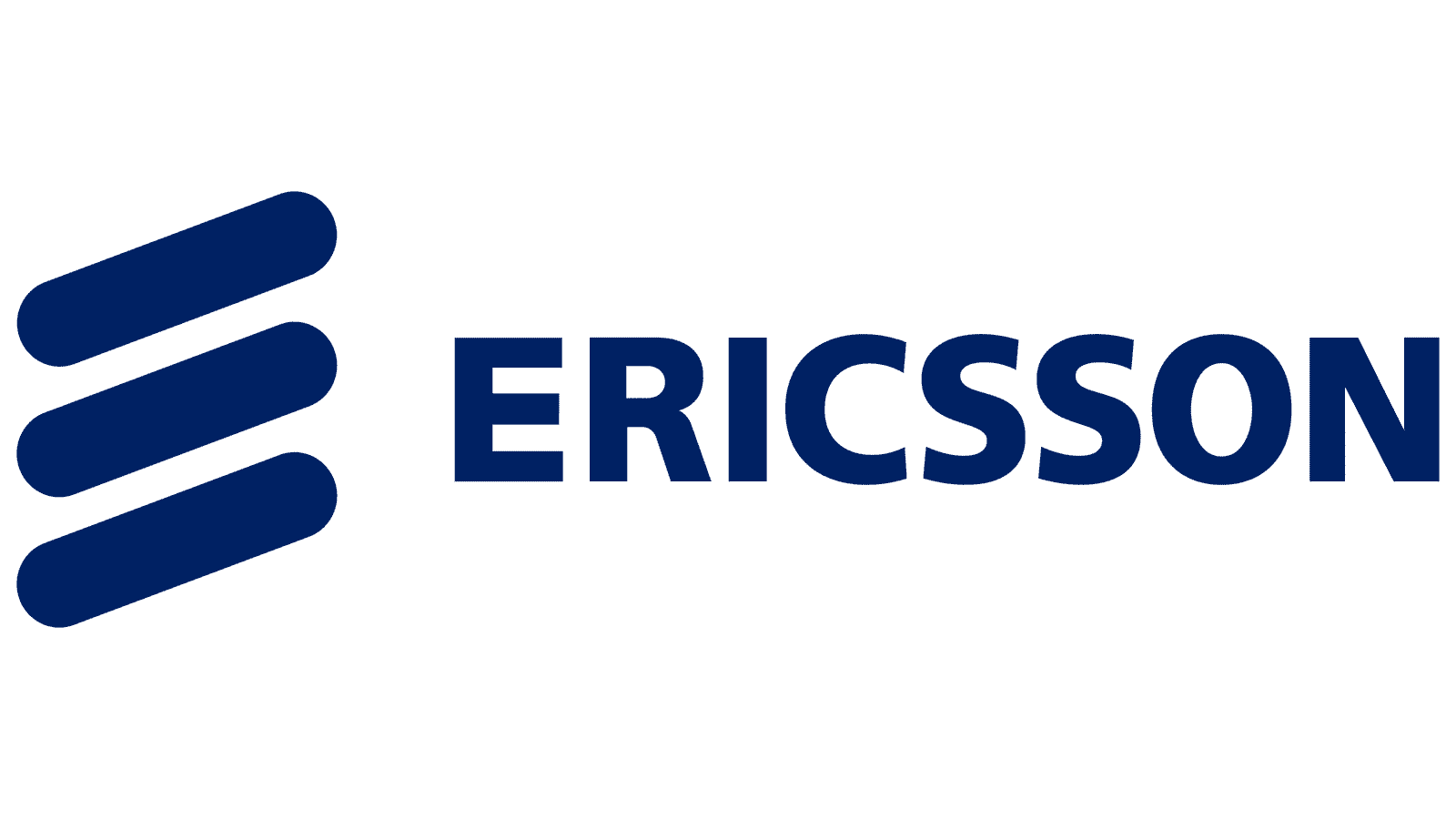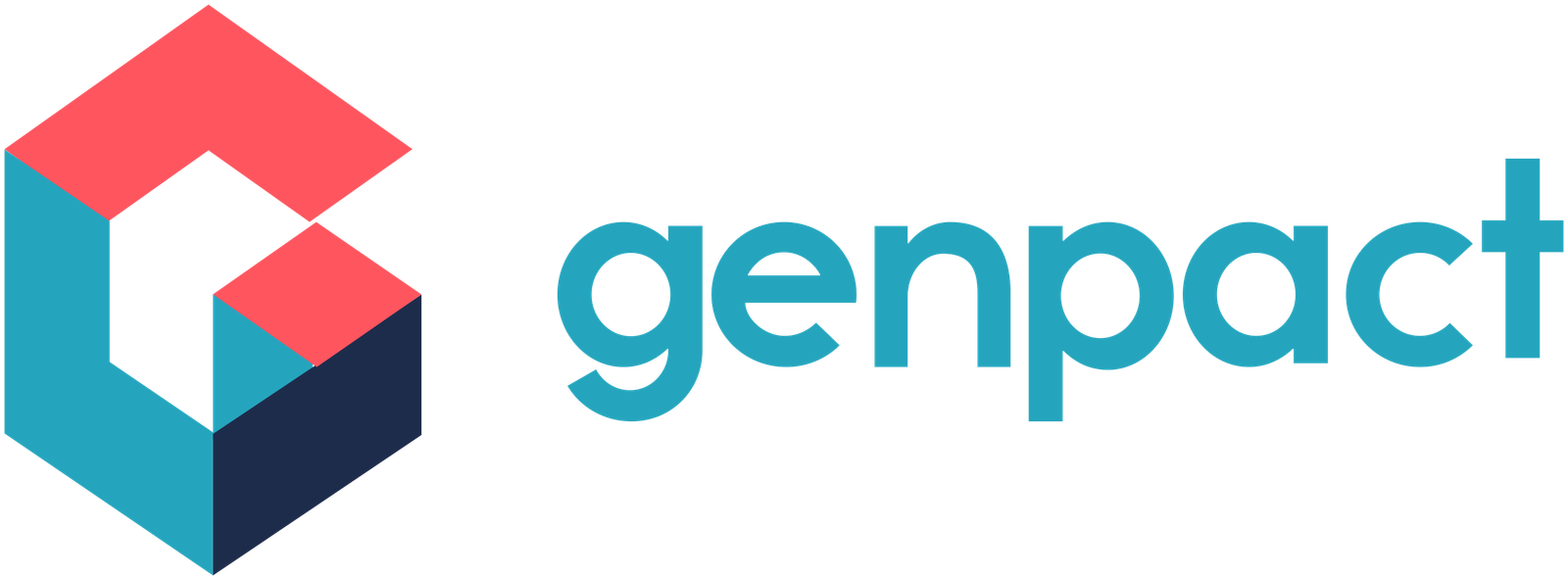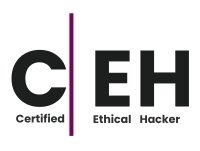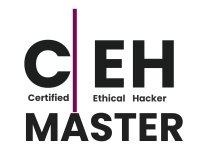A Cyber Security Course for Beginners is an essential training program that helps individuals and organizations alike. With a strong Cyber Security Certification Program ethical hacking online classes, you will learn how to protect digital assets from ever-evolving threats. Hackers may attempt to steal sensitive information or impose malware that harms your computer systems, and you will learn the strategies to counter these attacks.










